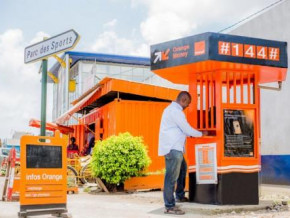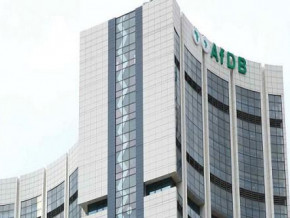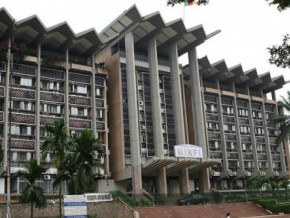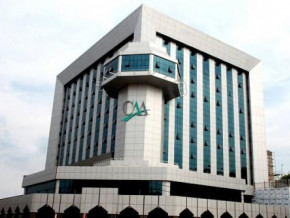
Cameroon to start implementing actions to reduce its road costs per kilometer
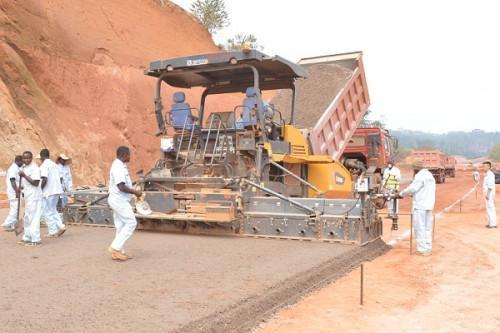
(Business in Cameroon) - This year, the Cameroonian government plans to start implementing actions aimed at reducing the average road costs per kilometer, we learned at the end of the annual conference of officials of the central and external services of the Ministry of Public Works.
According to the Minister of Public Works Emmanuel Nganou Djoumessi, to achieve the objective, one of the actions to consider is the use, as much as possible, of locally available materials. He also suggested that the unit cost statement elaborated by his ministry should be used instead of the average price charged, the government daily Cameroon Tribune indicates.
The official also estimated that pavement structures should be developed according to the traffic flow. In 2021, "there is no need to design a pavement structure for heavy traffic while the studies have found the traffic to be medium or light. The traffic may grow but the investment will be made gradually," he said.
In recent years, Cameroon has come to be known for having some of the most expensive roads in Africa in terms of costs per kilometer. During a meeting of the national road council Conaroute in 2013, it was revealed that the average cost per kilometer of paved road in Cameroon is about XAF205 million, against an African average of XAF100 million.
Also, in a report published in 2018, the World Bank estimated that in Cameroon, some road infrastructures were two to six times more expensive than similar infrastructures in other African countries.
To reduce those costs, the Cameroonian government announced a XAF10 billion investment for the construction of four crushing plants to produce a cheaper-than-current-cost construction aggregate, which usually swallows about 25% of road construction costs. However, there has been no new detail about the project since then.
Anyway, it appears that the project has visibly not succeeded in reducing road construction costs in the country. With the gradual tariff dismantling initiated in the framework of the economic partnership agreement with the European Union, imported bitumen (the second material increasing road construction costs in Cameroon, according to experts) now benefits from significant customs tariff reductions. Coupled with the actions now announced by the government, this should logically lead to a decline in the costs per kilometer of paved road in Cameroon.
BRM
Mags frontpage
- Most read 7 days
- shared 1 month
- read 1 month



